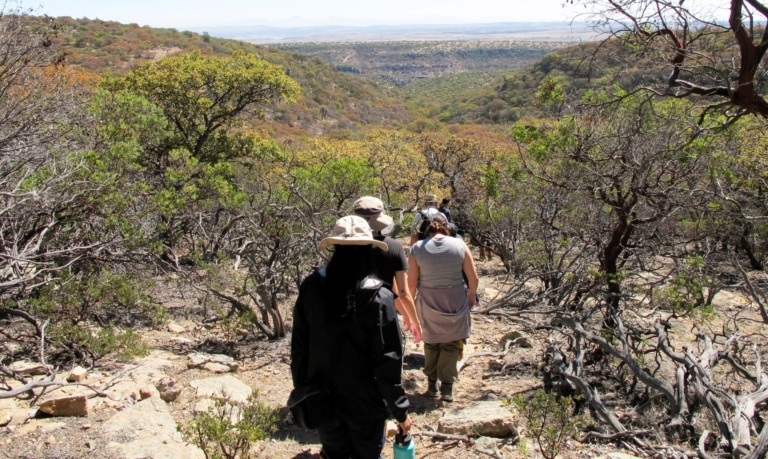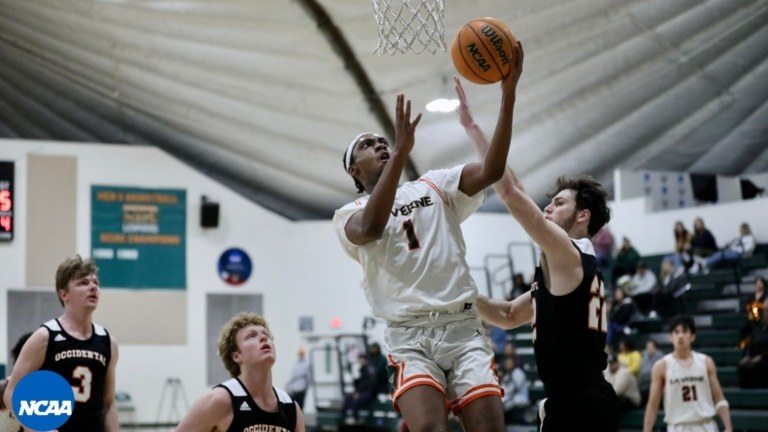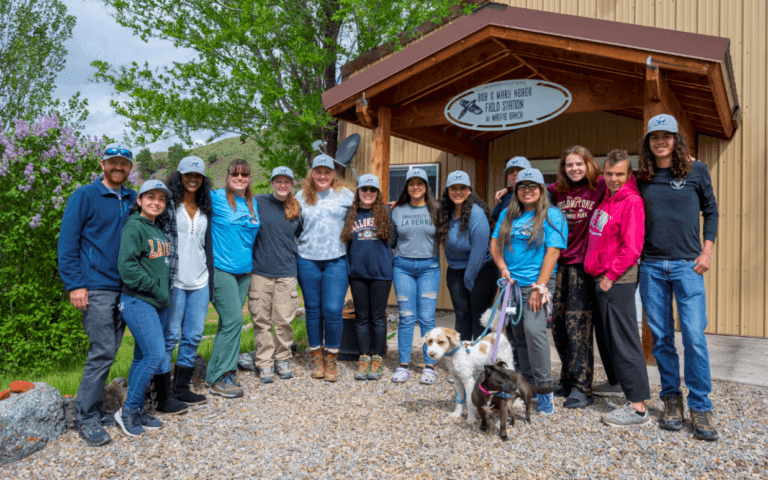Biology Professor Dr. Stacey Darling-Novak is First to Receive Newly Endowed Distinguished Professorship Award
Dedicating her professional life to students, education and research, University of La Verne Professor of Biology Stacey Darling-Novak, Ph.D. is a critical part of the Biology Department, and the first recipient of the newly endowed Robert Warren Hultman Distinguished Professorship in the College of Arts & Sciences.
With a passion toward plant development, Professor Darling-Novak leads her students through research that is focused on the earliest stages of plant development, specializing in maize at the molecular level with the goal of increasing grain productivity. She also conducts molecular-based and tissue culture research on orchids to better understand seed development, germination and seedling establishment.
Being the first recipient of the Robert Warren Hultman Distinguished Professorship in the College of Arts & Sciences Award was a great honor and surprise for Darling-Novak. Teaching and researching at La Verne since 2000, Darling-Novak was promoted to full Professor of Biology in May 2013.
The award, which grants her $10,000 per year for three years, will allow her to take students to National Botanical Meetings, as well as pay them as research assistants in their summer and post baccalaureate work. The funding will also be used to purchase supplies, chemicals and reagents that are costly, yet essential to conducting research. Honored to receive the award, Darling-Novak sees it as yet another way to help her students.
“I wasn’t expecting to win and was so surprised! I look forward to funneling the money back to our students to help them grow academically and support our department,” she said.
In applying for the award, she composed three statements about her teaching philosophy, impact on students, her position on the teacher/mentor/scholar model, as well as how she would use the money to impact students. Many of her students, some from as far back as 2007, also contributed by writing letters of support detailing how much of an impact Darling-Novak had on their academic endeavors.
Promoting research through education, Darling-Novak has been instrumental in acquiring educational grants for La Verne students, affording them unique research opportunities. She was the co-recipient on a Title V educational STEM (Science, Technology, Engineering and Mathematics) grant in 2008, and also obtained a USDA educational grant worth $244,000 dollars in 2011.
“Our department has grown a lot, and the grant money helps fund our students as they conduct their research. Our senior research projects have become very important in making us competitive for bigger grants,” she said.
The grant money she has worked to obtain promotes education and research and directly benefits La Verne students. She currently hosts a USDA Science Camp, which targets high school students who want to learn more about molecular biology and field techniques. It also involves La Verne students, who are paid via the grant money to help run the program.
“Grant money is tough to get, but is worth the effort, because it benefits our students so much,” she said.
Working with students from their introductory biology classes through their senior projects, is especially rewarding for Darling-Novak. One of her recently graduated students, Lila Luna just won second place for the Dean’s Award in Research, and is continuing her education to obtain her doctorate degree.
“Lila was pre-med, but when she took her first plant biology course, that’s when she knew it was her passion. She loves plant development and loves solving the puzzles we face. She is really good at researching, discovering what we don’t know, and taking the steps to learn more,” Darling-Novak said.
The biology professor sees a lot of herself in Luna, and in many of her students. In school she was heavily into math and science, and though she had always liked plants, it was not until college that she took her first plant biology class and found her calling. She continues to study, research, and pass this appreciation on to her students.
“I love molecular biology so much—it’s almost like magic because everything seems so invisible until you run a gel!” she said.
One of Darling-Novak’s earliest memories of botany and plant development is from when she was just 5-years-old. She used to walk through her grandmother’s greenhouse which was filled with orchids.
“I remember the wonderful aroma and the feeling in the air of the greenhouse, I loved it—maybe my love for plants is a little genetic!” she laughed.


